(By Rabbi Pesach Wolicki) Tomorrow evening, Jews the world over will gather in their homes for the ritual feast known as the Passover Seder. The Seder rituals and liturgy are among the earliest of all Jewish texts and practices, dating from second temple times. Of course, after the destruction of the temple almost 2000 years ago, the Seder underwent one major change. Without a temple in Jerusalem, no longer would there be a Passover lamb. This roasted lamb was the centerpiece of the Seder in temple times. Today a
festive meal, minus the lamb, sits at the center of the evening. Psalms of praise are sung both before and after the meal is eaten. A close look at these psalms will reveal a powerful message about the true meaning of Passover. The psalms in question, Psalms 113 through 118, are well known to Jews as Hallel—the Psalms of Praise. They are sung as part of the synagogue worship on all major Jewish holy days. They are a set; a series that is always recited together—except at the Passover Seder. READ MORE









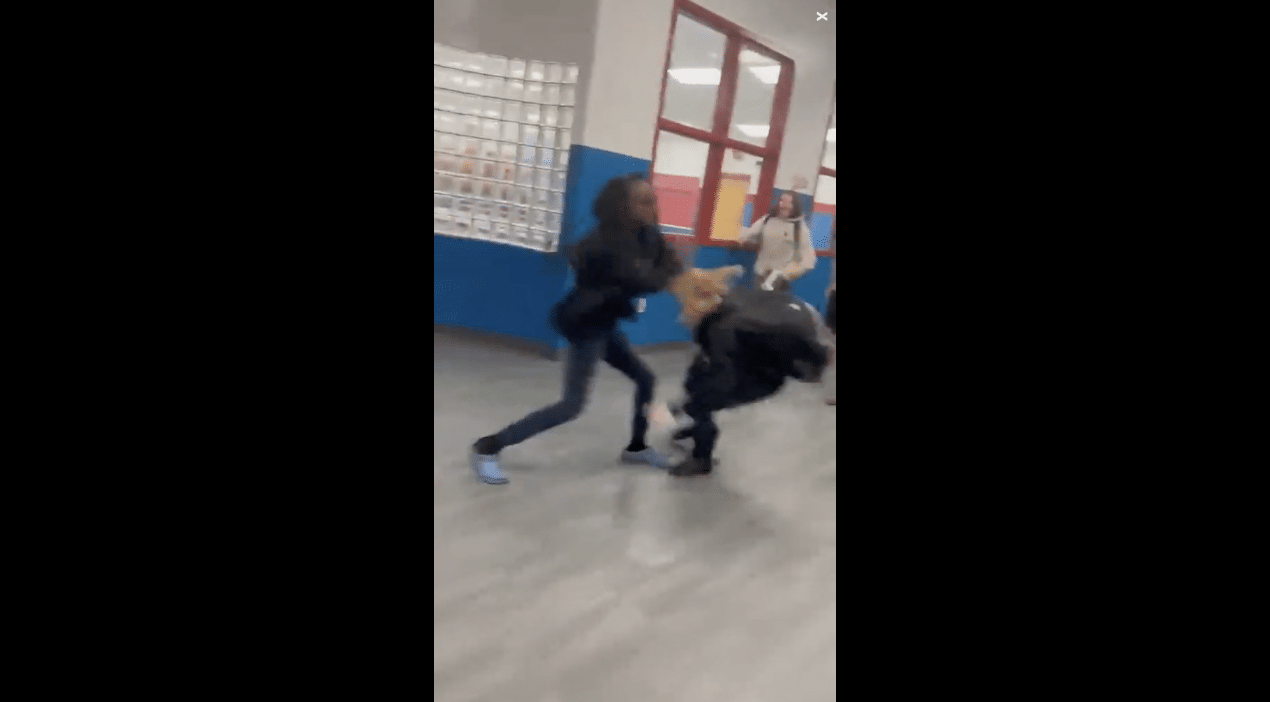

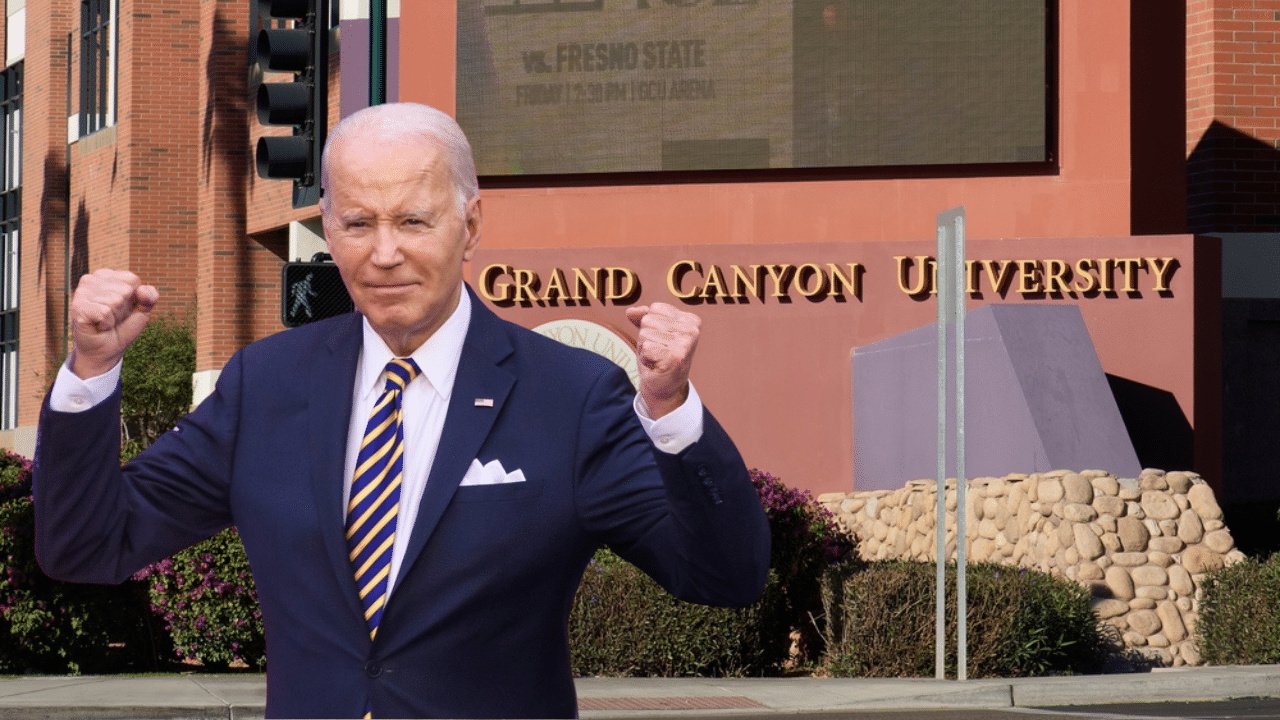

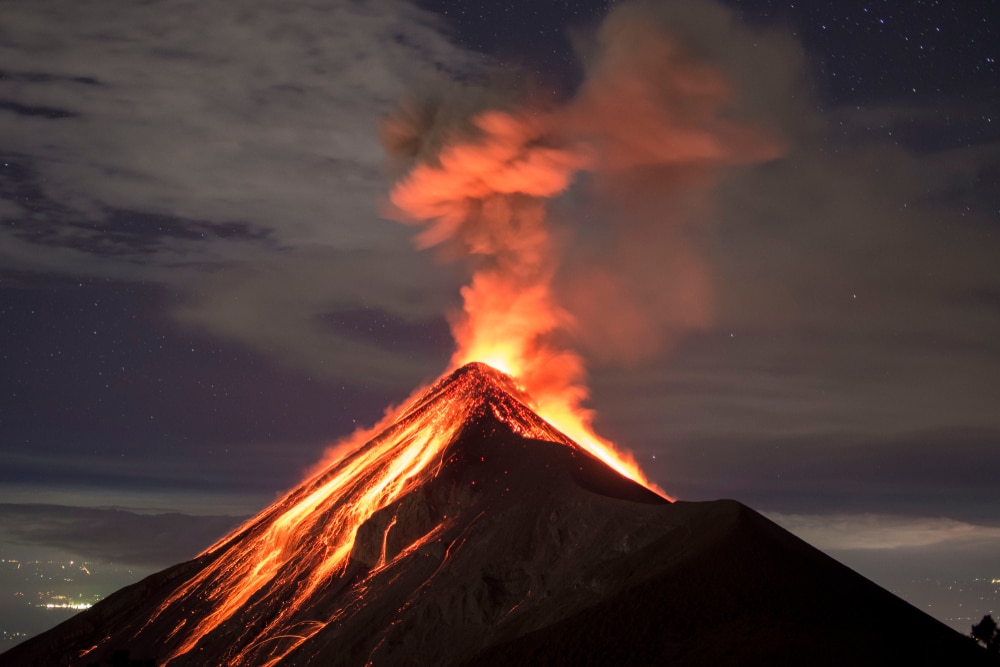
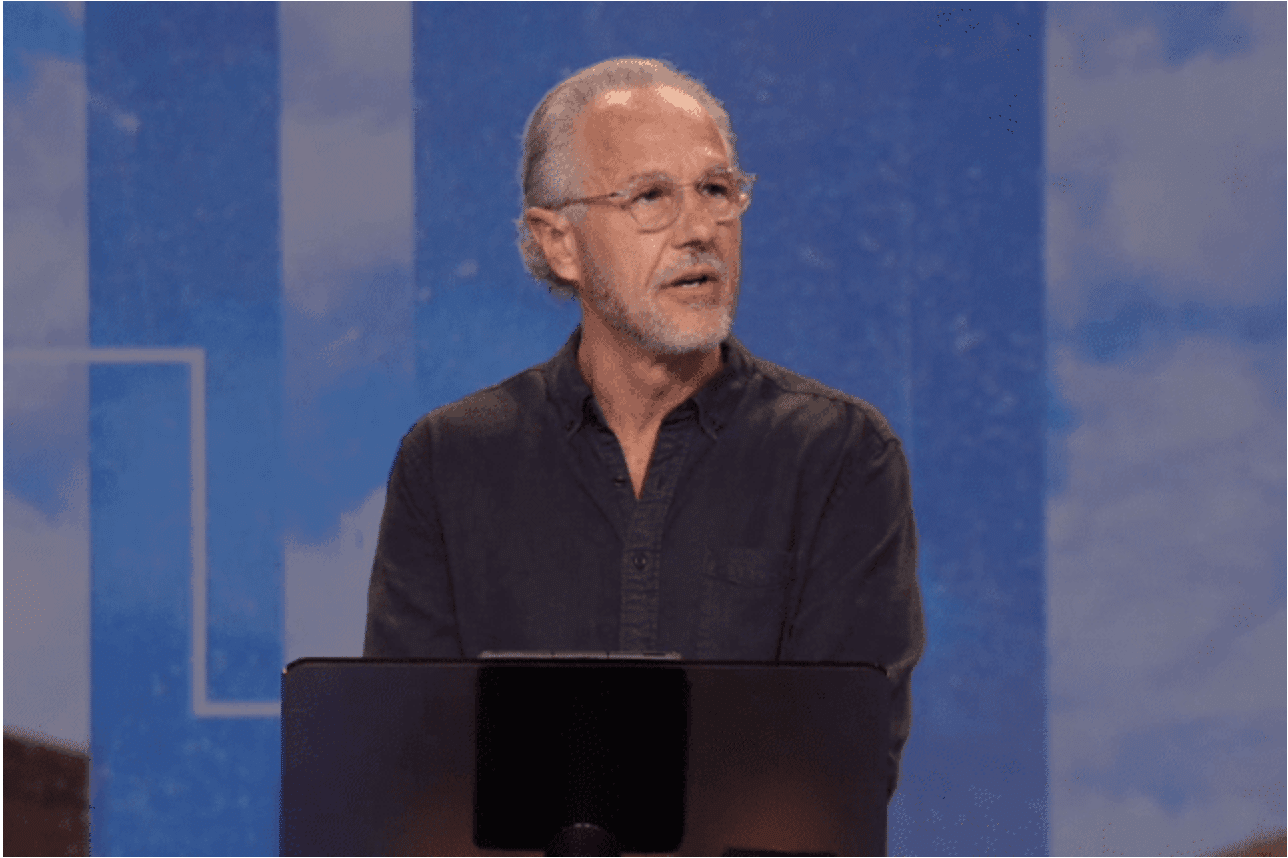
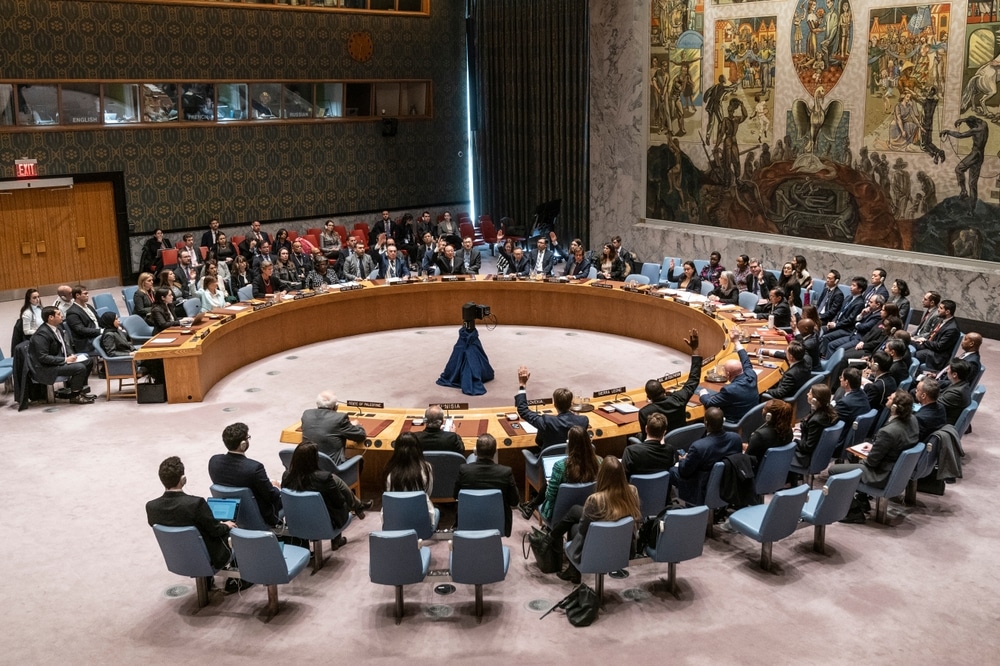


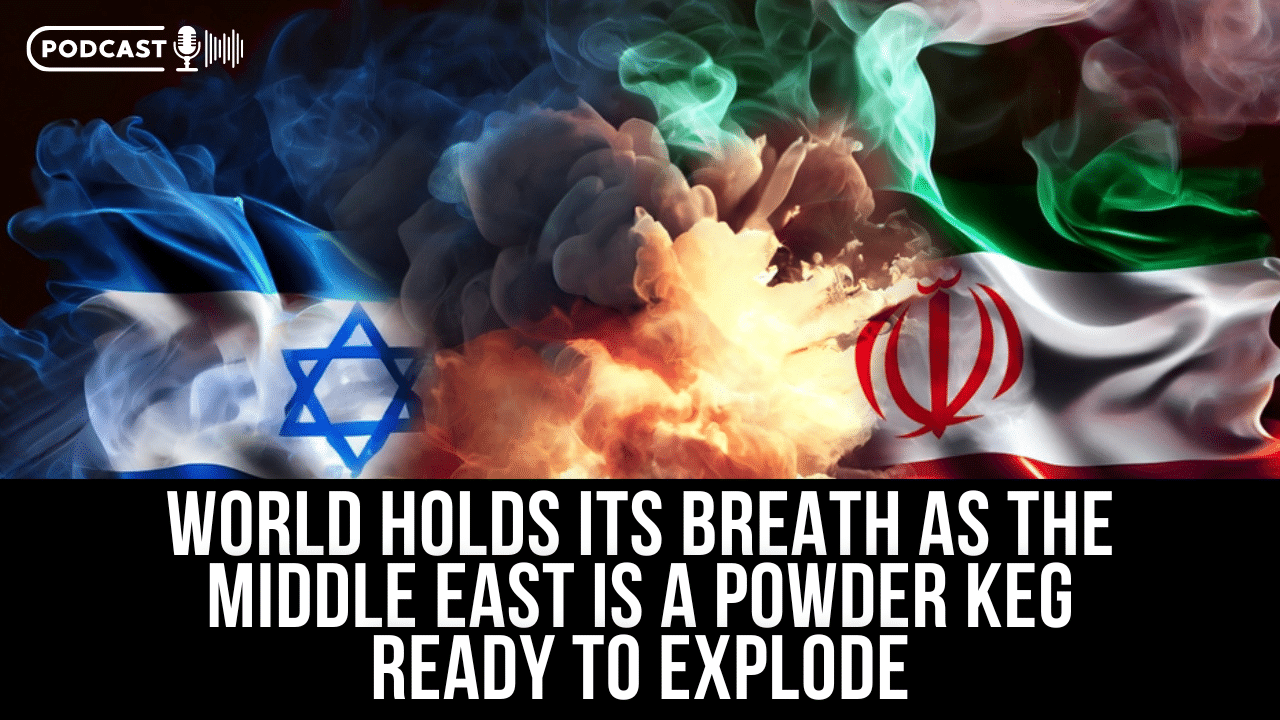
Trackbacks/Pingbacks